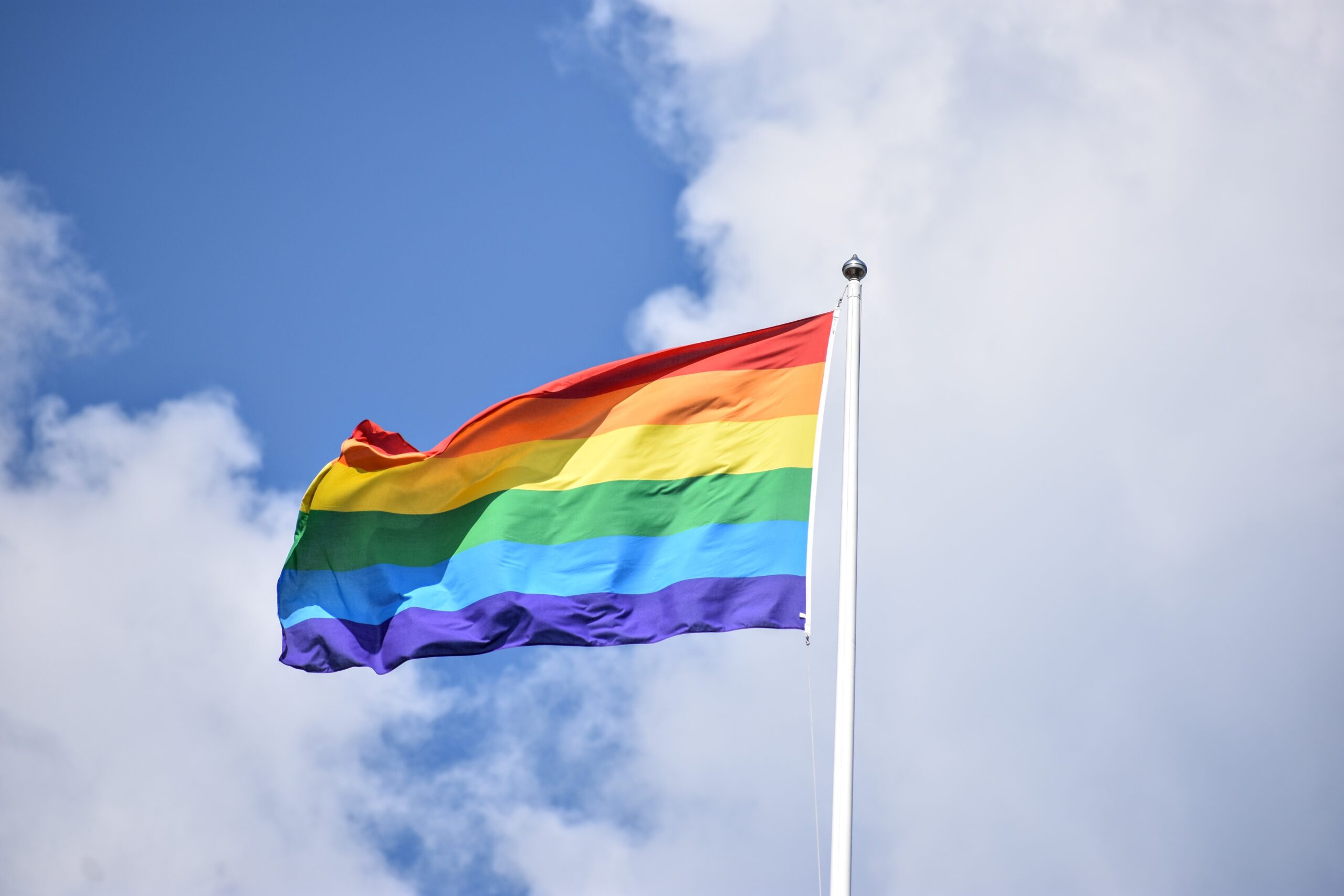The signing of the anti-gay bill by the President of Uganda, Yoweri Museveni, continues to receive condemnation from freedom-conscious Africans. Advocates consider the bill one of the harshest anti-homosexuality legislation signed into law anywhere on the continent. A significant component of this legal appetite is the Ugandan parliament’s proposal to utilize conversion therapy to “cure” homosexuality, which is deeply concerning.
Conversion therapy, also known as rehabilitation or “ex-gay” therapy, refers to a range of practices that aim to “change” an individual’s sexual orientation or gender identity through psychotherapy, medication, electroshock therapy, exorcism, and in some cases, corrective rape. Conversion therapy causes psychological trauma and harm to lesbian, gay, bisexual, transgender, queer, and intersex individuals (LGBTQI+).
A 2018 study reported higher levels of depression and suicidal behavior among the LGBTQI+ community who were subjected to conversion therapy compared with individuals who did not undergo the same treatment. It shows how problematic and oppressive conversion practices can be. It also shows how these practices violate LGBTQI+’s fundamental human rights to health and freedom from ill-treatment.
Supporters of conversion therapy argue that the approach offers help to LGBTQI+ individuals who may be struggling with identity. But the harmful implications of conversion therapy, such as lifelong trauma and suicide, far outweigh any supposed“benefits.”
This approach is problematic in several other ways.
Conversion therapy is cruel, forceful, invasive and involves degrading treatments such as torture and rape. Members of the LGBTQI+ community, especially queer women, are subjected to corrective rape by individuals who aim to ‘change’ their sexuality through forced sexual activity. These awful treatments infringe upon the rights to autonomy, dignity, and freedom from cruel, inhuman, or degrading treatment of victims.
The therapy subjects individuals to various psychologically damaging practices, including shaming, aversion therapy, and religious or cultural indoctrination. These practices inflict significant emotional harm, leading to increased depression, anxiety, self-hatred, and suicidal ideation.
Numerous professional medical and mental health organizations have denounced conversion therapy, including the American Psychological Association and the World Medical Association. These denouncements came due to the lack of scientific proof to back the effectiveness of conversion therapy.
Several countries, such as France, Spain, and Cyprus, have banned conversion therapy, but no African country has done that yet.
Uganda must review the country’s anti-homosexuality law. The law goes against the Ugandan constitution, which promises protection and fair representation of minoritized groups. Anti-gay laws promote violence against the LGBTQI+ community.
Respected African mental health experts and leading health agencies, such as the Africa Centres for Disease Control and Prevention and the Africa Health Organisation, must condemn Uganda’s proposition of conversion practices. These influential health organizations should issue written declarations to make their stance publicly known. It will help raise awareness and foster conversations around the issue.
Also, leading continental human rights organizations such as the African Commission on Human and Peoples’ Rights and the Centre for Human Rights Africa should investigate and publish evidence-based reports on the implications of conversion practices. These organizations could, afterwards, organize awareness campaigns on the harmful impacts of conversion practices on their victims.
Trying to convert people’s sexual orientation is backward. The Ugandan government should instead focus on protecting the LGBTQI+ community because they face discrimination and violence every day.
Onyekachi Ogbu is a writing fellow of African Liberty.
Photo by Rob Maxwell via Unsplash.

